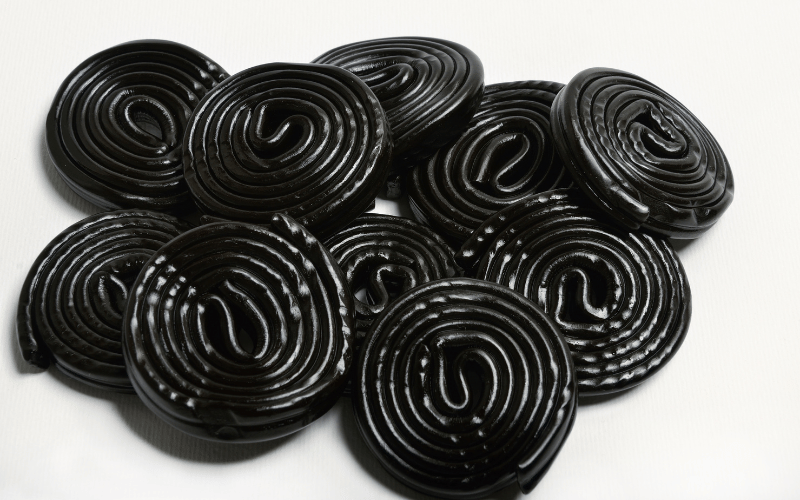Cause 11: Excessive Licorice Consumption
Licorice, with its distinct flavor and sweetness, is a popular treat enjoyed by many. However, excessive consumption of licorice or licorice-containing products can have a profound impact on potassium levels, leading to Hypokalemia.
Licorice contains a compound called glycyrrhizin, which gives it its characteristic taste. Glycyrrhizin inhibits the enzyme 11-beta-hydroxysteroid dehydrogenase, which is responsible for the conversion of cortisol to its inactive form, cortisone. As a result, cortisol levels increase and can lead to a condition known as pseudohyperaldosteronism.
Pseudohyperaldosteronism causes the kidneys to retain sodium and excrete potassium, leading to Hypokalemia. The excessive consumption of licorice can also affect the normal function of the adrenal glands, further exacerbating potassium imbalance.
Symptoms of licorice-induced Hypokalemia may include muscle weakness, fatigue, irregular heart rhythms, and increased blood pressure. It is important to note that licorice-induced Hypokalemia is typically reversible once licorice consumption is discontinued.(*)
